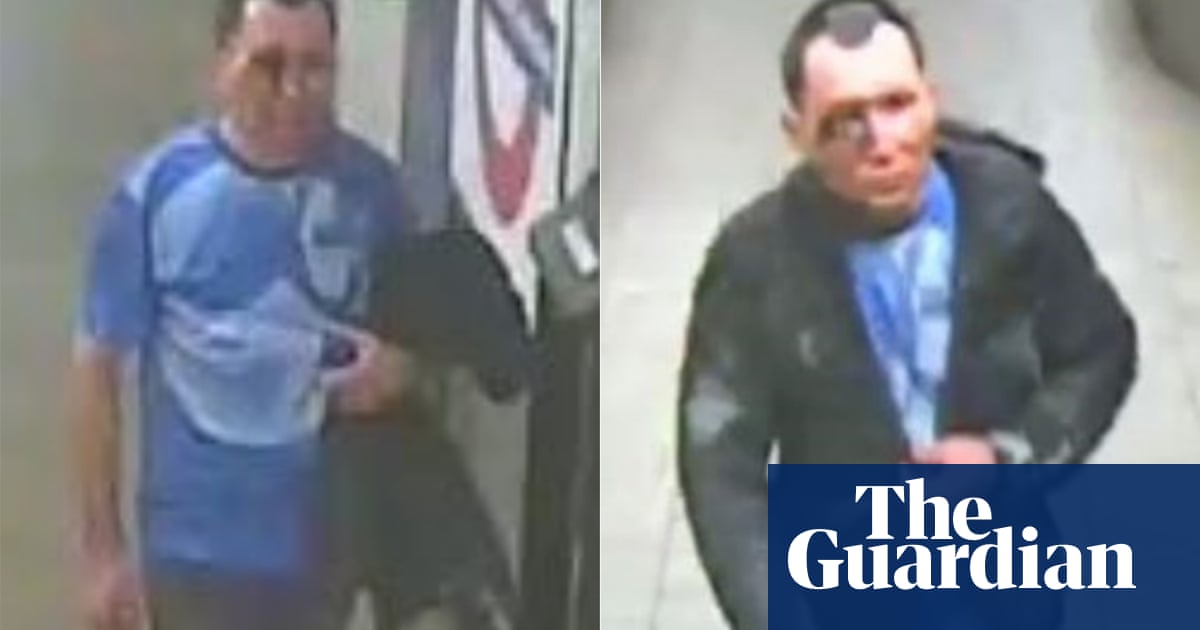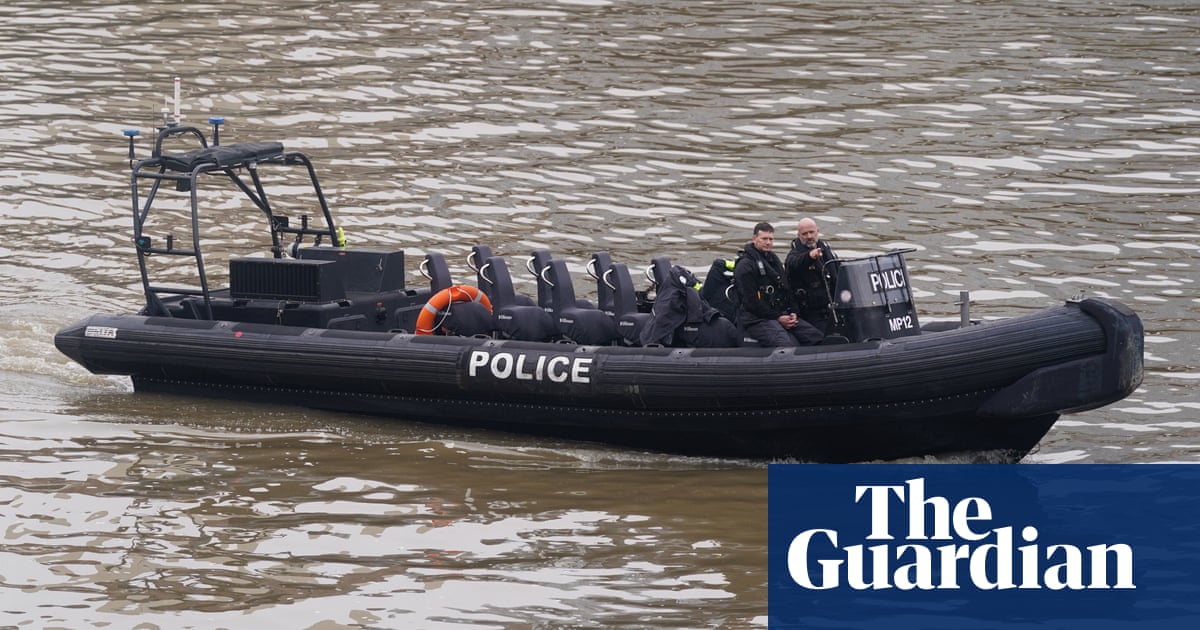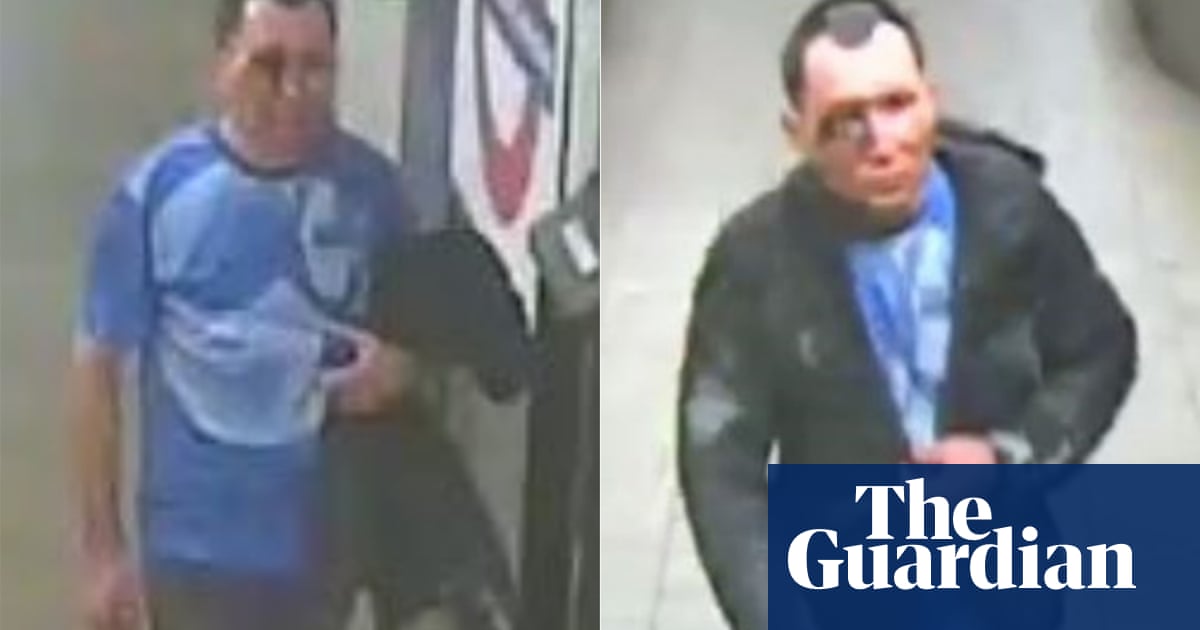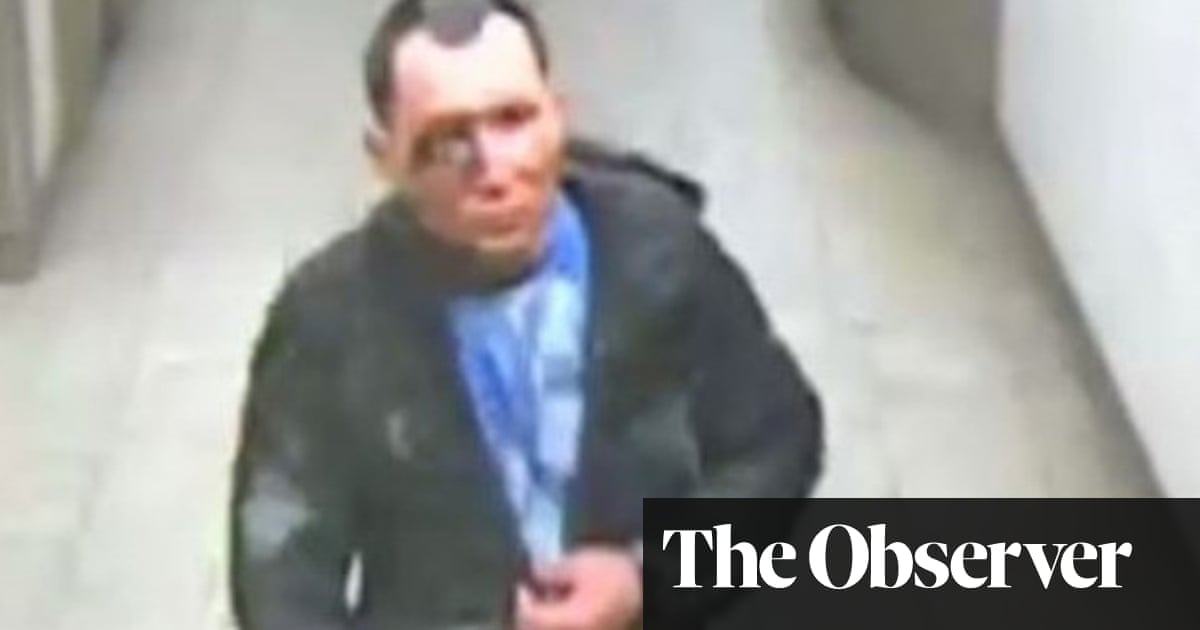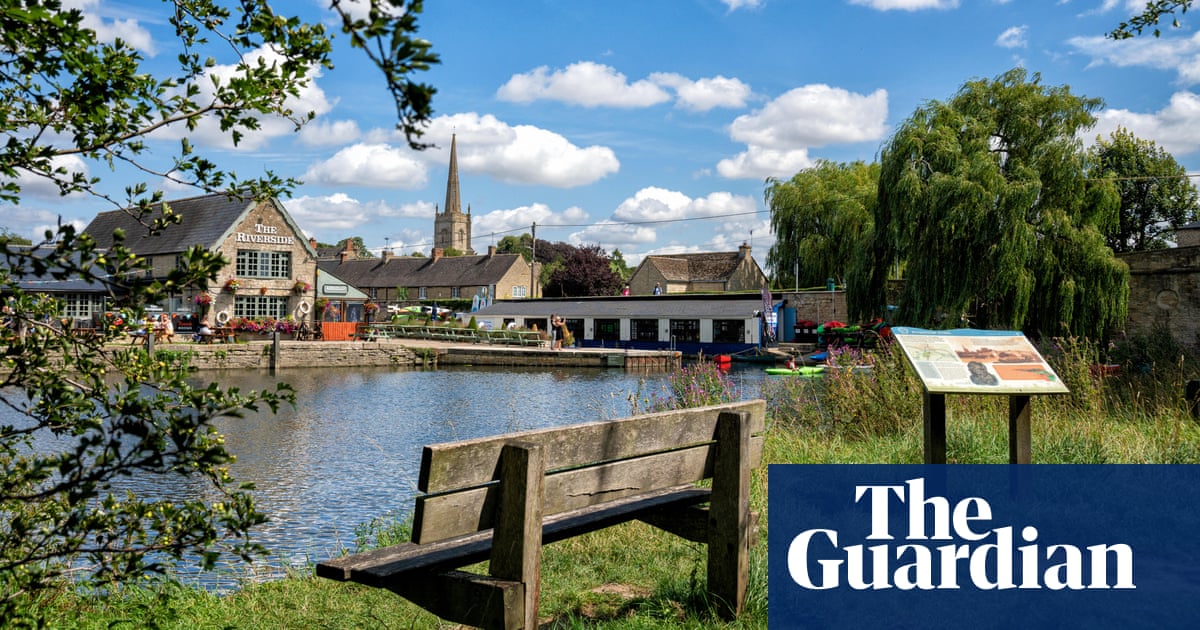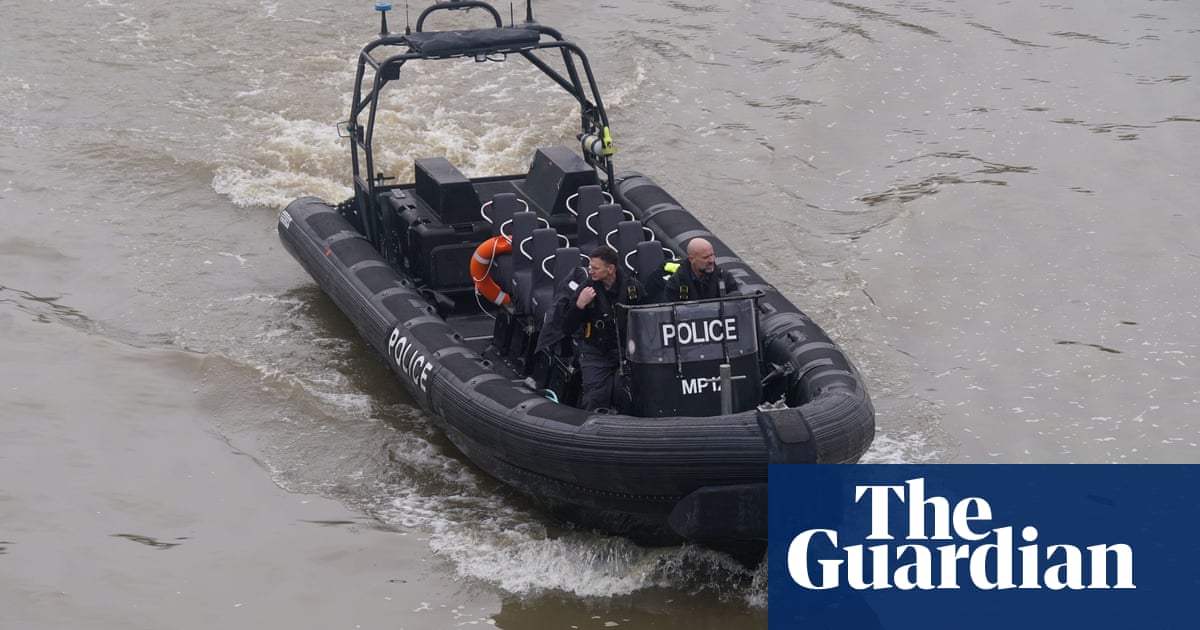
Police have begun searching an area of the River Thames for the body of the Clapham chemical attack suspect.
Abdul Ezedi is believed to be dead after going into the Thames after he was seen on CCTV leaning over the railings of Chelsea Bridge in west London on the night a woman and two girls was attacked with a corrosive substance, the Metropolitan police said.
A police boat was circling between Vauxhall and Chelsea bridges on Saturday morning.
Officers have been looking for the 35-year-old since 31 January, when he is suspected of using a strong alkaline substance in an attack on a mother and her daughters, aged three and eight. The mother, 31, is still in hospital in an induced coma.
Nick Aldworth, a former senior police officer, told BBC Radio 4’s Today programme: “One of the things that the marine police will understand intimately is how the river works. They’ll understand how the tides come in and out. They’ll have a really good understanding of where a body may appear if it goes in at any particular point along its length.
“They will be focusing their searching along there to start with and then they may, depending on resources, expand that search.
“One of the most important things is they are making people aware of that possibility so that the many hundreds, if not thousands, of river users will be mindful of that and hopefully report anything they see.”
He said he thought it was very likely that Ezedi’s body would be discovered “if that is where it is”, given the modern technology available to officers.
“The Met can bring in anything it needs to, we saw that during the Olympics with borrowing resources from both commerce and military if necessary,” he said.
“Typically, you can scan rivers using sonar. They will also possibly use one of the police national air service helicopters to go along the length of the river to speed things along.”
Ezedi had been in a relationship with the woman he attacked, its breakup being a possible motive for his actions, police said.
A search to find him has been ongoing for more than a week, with officers raiding two addresses linked to him in Newcastle in the early hours of Thursday.
Ezedi came to the UK hidden in a lorry in 2016, and was turned down twice for asylum before successfully appealing against the Home Office rejection by claiming he had converted to Christianity.
He was convicted of two sexual offences in 2018, but was allowed to stay in the UK because his crimes were not serious enough to meet the threshold for deportation.
Caroline Nokes, the Tory chair of the women and equalities committee, told the Today programme she welcomed the home secretary’s internal review into the case.
Asked what support the victims could expect to receive she said: “There is always the criminal injuries compensation scheme. I’ve had a quick look at that and it does look as if there will be financial support available, but equally there will be counselling and trauma support. What they have been through has been absolutely horrific.”




